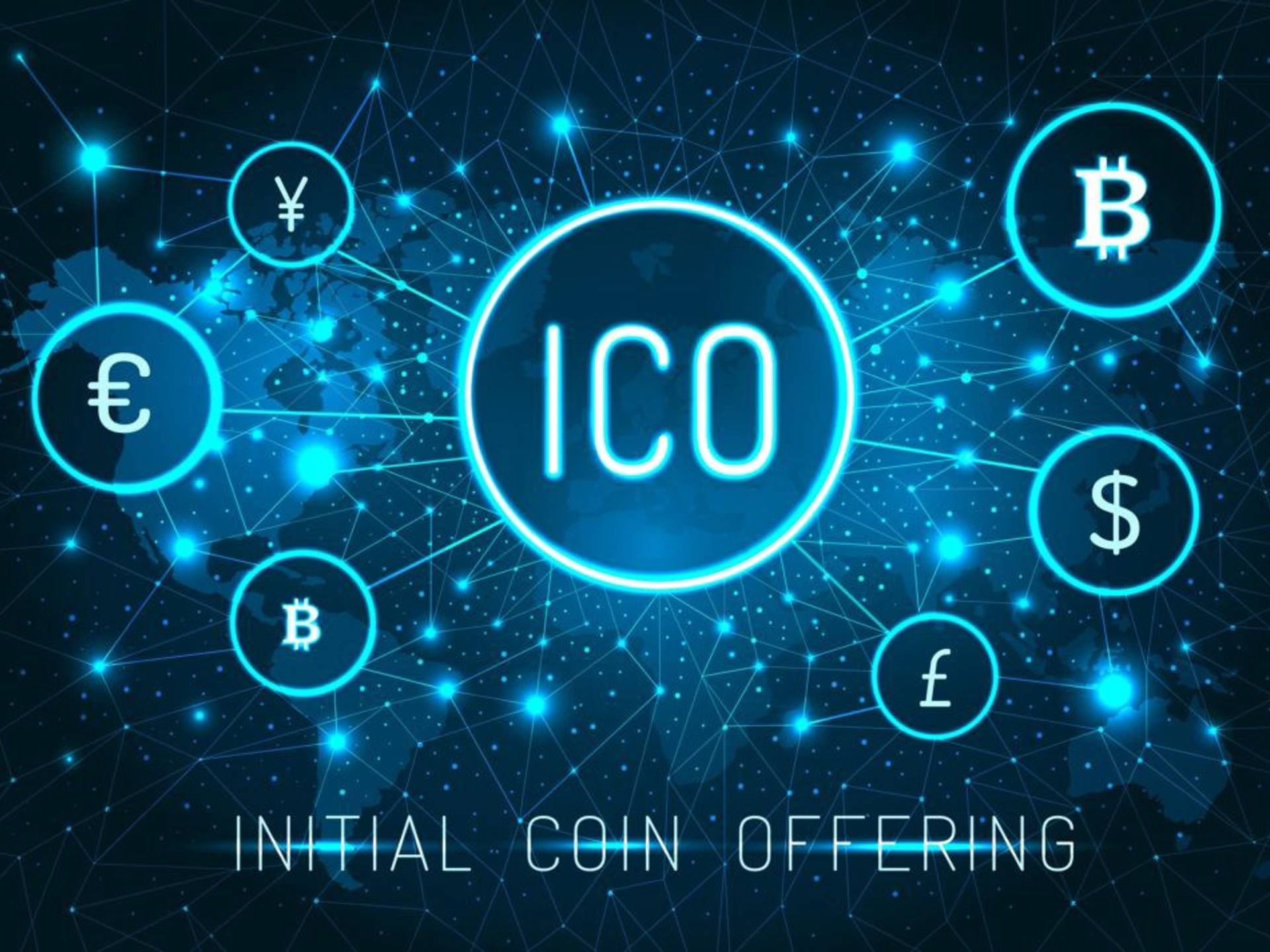Subscribe to wiki
Share wiki
Bookmark
Initial Coin Offering (ICO)
The Agent Tokenization Platform (ATP):Build autonomous agents with the Agent Development Kit (ADK)
0%
Initial Coin Offering (ICO)
An Initial Coin Offering (ICO) is a fundraising method used by blockchain projects to raise capital through the issuance of digital tokens or cryptocurrencies. It is a form of crowdfunding that allows investors to support a project by purchasing newly issued tokens. [1][2]
Overview
An initial coin offering (ICO) is the cryptocurrency industry’s equivalent of an initial public offering (IPO). A company seeking to raise money to create a new coin, app, or service can launch an ICO as a way to raise funds. [3]
In an ICO, a quantity of cryptocurrency is sold in the form of "tokens" ("coins") to speculators or investors, in exchange for legal tender or other (generally established and more stable) cryptos such as Bitcoin or Ether. The tokens are promoted as future functional units of currency if or when the ICO's funding goal is met and the project successfully launches. [3]
Despite being often compared to IPOs (Initial Public Offering), ICOs are quite different in the sense that investors are not buying any kind of ownership of shares in a company. ICO events are mainly performed as a fundraising strategy for startups that are in very early stages of development and need funds to push the project forward. [1]
History
Mastercoin (2013)
While not officially termed an ICO, Mastercoin's (later rebranded as Omni Layer) crowdfunding campaign in 2013 is considered one of the earliest examples of a token sale. It raised over 4,700 BTC (Bitcoin) for the development of a new protocol layer on top of Bitcoin. [4]
Ethereum (2014)
Ethereum's ICO in 2014 marked a significant milestone. The project raised around 31,529 BTC by selling Ether (ETH) tokens. Ethereum's ICO is often credited with popularizing the ICO fundraising model. [4]
The DAO (2016)
The DAO conducted one of the largest ICOs, raising over $150 million in Ether. However, a vulnerability in the code led to a controversial hard fork in the Ethereum blockchain to reverse the effects of a major hack. [5]
ICO Boom (2017)
The year 2017 witnessed a surge in ICOs, with numerous blockchain ventures conducting token sales. Projects raised billions of dollars through ICOs, attracting both legitimate ventures and fraudulent schemes. [4]
By the end of 2017, ICOs had raised almost 40 times as much capital as they had raised in 2016, although still amounting to less than two percent of the capital raised by IPOs. [4]
ICOs are sometimes called "token sales". Amy Wan, a crowdfunding and syndication lawyer, described the coin in an ICO as "a symbol of ownership interest in an enterprise—a digital stock certificate" stating that they are likely subject to regulation as securities in the U.S. under the Howey test. [3]
On January 30, 2018, Facebook prohibited advertising for ICOs, cryptocurrencies, and binary options. By April 2018, not only Facebook but also Twitter, Google, and MailChimp banned ICO advertising. However, Facebook reversed its decision and announced on June 26, 2018, that they would be reopening advertising for approved advertisers. [6]
Key Elements of ICOs
Token Creation
Projects create a new digital token that represents a share in their platform, network, or ecosystem. [2]
White Paper
ICOs are typically accompanied by a detailed document known as a white paper. This document outlines the project's goals, technology, use cases, and details of the token sale. [2]
Token Sale
During the ICO, investors can purchase the newly created tokens using established cryptocurrencies like Bitcoin or Ethereum or, in some cases, fiat currency. [2]
Smart Contracts
Smart contracts, self-executing contracts with the terms of the agreement directly written into code, are often used to automate the ICO process. They facilitate the issuance and distribution of tokens based on predefined rules. [2]
Criticism
ICOs serve a broad spectrum of purposes, from legitimate corporate finance and charitable fundraising to potential instances of fraud. The US Securities and Exchange Commission (SEC) cautions investors about scammers utilizing ICOs for pump-and-dump schemes, manipulating coin values for profit. Developers themselves may engage in such practices. [8]
Despite these concerns, the SEC acknowledges that ICOs "may provide fair and lawful investment opportunities." The UK Financial Conduct Authority warns of the high-risk and speculative nature of ICOs, highlighting the prevalence of scams and the lack of investor protections. Even in legitimate cases, funded projects are often in early, high-risk stages of development. The prospect of increased ICO regulation is seen as a potential catalyst for institutional investor participation. [8]
Notable ICOs
Ethereum (2014)
Ethereum conducted one of the earliest and most influential ICOs, raising around 31,529 BTC over a period of 42 days. The ICO played a pivotal role in funding the development of the Ethereum blockchain. [3]
NEO (2016)
Formerly known as Antshares, NEO raised over $4 million in its ICO. Often referred to as "China's Ethereum," NEO aims to create a smart economy by digitizing assets and automating the management of digital assets. [1][3]
Binance Coin (BNB) (2017)
Binance, the largest cryptocurrency exchange launched BNB with an ICO in July 2017. As part of the ICO, BNB tokens were distributed among various participants, including angel investors and the Binance founding team. BNB sold at 15 cents per token and raised $15 million. [3][4]
EOS (2017)
EOS conducted a year-long ICO, raising over $4 billion. It aimed to create a decentralized operating system for decentralized applications (DApps) and smart contracts. [2]
Tezos (2017)
Tezos raised over $232 million in its ICO for a smart contract platform designed to power online digital economies. It focuses on on-chain governance and formal verification of smart contracts, aiming to improve the security and upgradability of blockchain protocols. [3]
See something wrong?
The Agent Tokenization Platform (ATP):Build autonomous agents with the Agent Development Kit (ADK)
